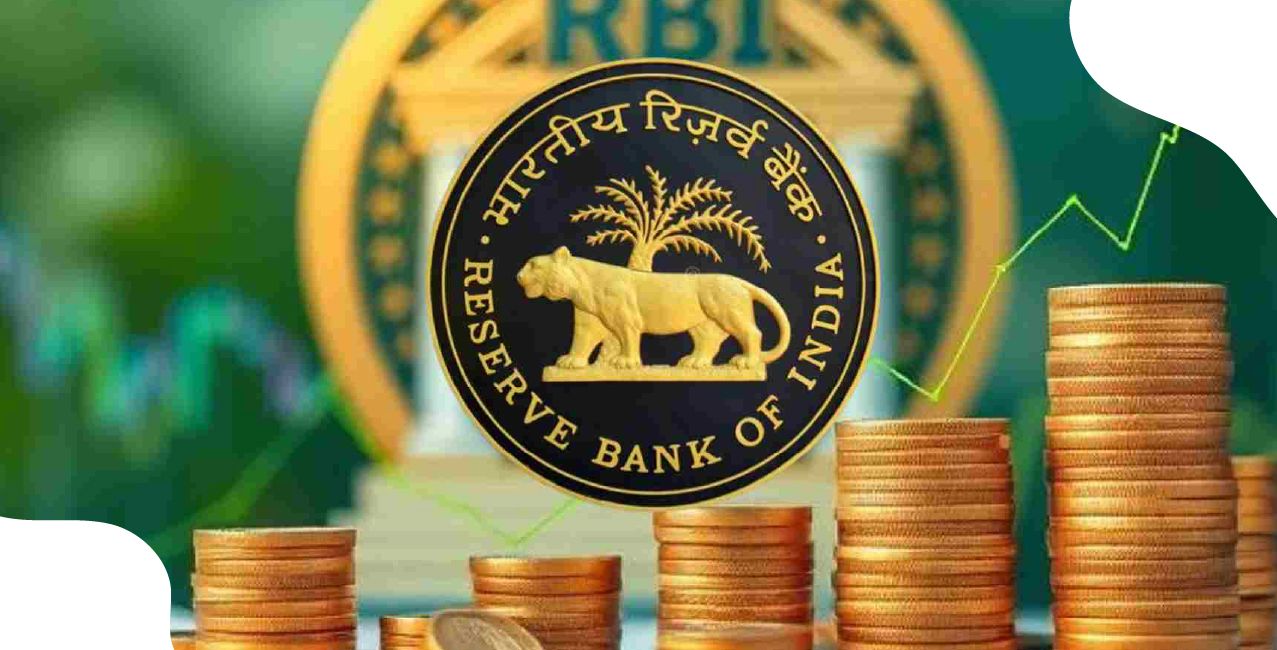Cooperative Banks’ Loan Portfolio Crosses ₹11.33 Lakh Crore

Check Your Loan Eligibility Now
By continuing, you agree to LoansJagat's Credit Report Terms of Use, Terms and Conditions, Privacy Policy, and authorize contact via Call, SMS, Email, or WhatsApp
Supported by new lending rules, government schemes, and simple digital tools
When visiting a local cooperative bank, one must notice a faster loan process. This is very common now. Across India, cooperative banks are showing stronger lending activity. And the numbers back it.
According to the March 2025 Credit Growth Report from the Reserve Bank of India (RBI), cooperative banks have crossed a loan portfolio of ₹11.33 lakh crore. This growth is more than a large figure. It reflects deep shifts in lending policy, credit risk coverage, and borrower behaviour.
Cooperative Banks Loan Portfolio Expansion 2024
Cooperative banks are not a single category. The sector has Urban Cooperative Banks (UCBs), State Cooperative Banks (StCBs), and District Central Cooperative Banks (DCCBs). Each of them has increased their disbursements in 2024.
This has happened because loan ceilings were revised. The limits were raised for housing, and new eligibility was given for commercial real estate loans.
This doubling and more made cooperative banks more competitive. Medium-ticket housing loans shifted to these banks.
Indian Cooperative Banks Credit Growth Report And Policy Backing
The Reserve Bank of India, in collaboration with NABARD, released the Indian Cooperative Banks Credit Growth Report in March 2025. This report not only confirmed the ₹11.33 lakh crore loan mark. It also highlighted the role of policy decisions in enabling this growth.
In 2024, the Union Cabinet approved a grant of ₹2000 crore to the National Cooperative Development Corporation (NCDC). This fund was aimed to support ₹20,000 crore worth of lending over four years. The grant gave cooperative banks room to support larger projects in agriculture, housing, and allied sectors.
Another big policy move came from the Ministry of MSME. In 2024, cooperative banks were added to the Credit Guarantee Fund Trust for Micro and Small Enterprises (CGTMSE). This gave risk cover of up to 85 %. The inclusion of UCBs, StCBs, and DCCBs under this scheme reduced the risk linked with lending in semi-urban and rural areas.
These changes created a base. Cooperative banks could lend more without worrying about default risks.
Cooperative Banking Sector Loan Disbursement Trends In MSME And Rural Lending
Housing was not the only sector that grew. In 2024, cooperative banks showed sharper credit activity in MSME and rural lending too.
Earlier, many cooperative banks hesitated to lend to small businesses due to repayment fears. The CGTMSE inclusion changed this. Now, micro and small business loans up to 85 percent are guaranteed. This meant less pressure on bank books.
The lending pattern changed. Small towns and rural borrowers could now access business loans from local cooperative banks. New membership rules also helped. Banks could onboard customers faster. This pushed growth beyond just housing.
The data shows that cooperative banks did not just expand loans in one area. The spread was across housing, MSMEs, farming, and more.
Growth Of Cooperative Banks' Loan Portfolio In India: Overlooked Details
The digital and governance side saw quiet yet strong changes.
In 2024, the Aadhaar Enabled Payment System (AePS) saw a policy shift. Cooperative banks were allowed free onboarding for the first three months. This gave small banks time to adopt digital tools without the upfront cost.
Also, the licensing fee structure was changed. Earlier, banks had to pay a fixed fee. In 2024, RBI linked the fee to transaction volume. Smaller banks could now join without heavy financial entry barriers.
One more change helped urban cooperative banks. RBI appointed nodal officers for them. These officials interacted directly with banks to solve issues in real time.
These small yet sharp moves made it easier for banks to grow steadily.
Conclusion
Crossing the ₹11.33 lakh crore mark shows that cooperative banks are growing fast. They are no longer just small lenders in rural areas. In 2024, they started offering bigger loans for housing, small businesses, and farming.
This change happened because of key steps like higher loan limits, government guarantees, and support for digital banking. The RBI and NABARD report from March 2025 confirms how these changes helped.
Cooperative banks are now better prepared to serve more people, offer bigger loans, and use technology more smoothly. As credit demand rises across India, these banks will continue to support both cities and villages in the coming years.
Other News Pages | ||
About the author

LoansJagat Team
Contributor‘Simplify Finance for Everyone.’ This is the common goal of our team, as we try to explain any topic with relatable examples. From personal to business finance, managing EMIs to becoming debt-free, we do extensive research on each and every parameter, so you don’t have to. Scroll up and have a look at what 15+ years of experience in the BFSI sector looks like.
Subscribe Now
Related Blog Post

Home Loan Interest Rates 2025 Deliver Major EMI Relief, Will Borrowers See More Gains In 2026?

Will the Indian Rupee Stabilise in 2026 After a Volatile 2025?

RBI Draft Rules Target Surprise Costs in Overseas Payments
Recent Blogs
All Topics
Contents
Quick Apply Loan
Consolidate your debts into one easy EMI.
Takes less than 2 minutes. No paperwork.
10 Lakhs+
Trusted Customers
2000 Cr+
Loans Disbursed
4.7/5
Google Reviews
20+
Banks & NBFCs Offers
Other services mentioned in this article





